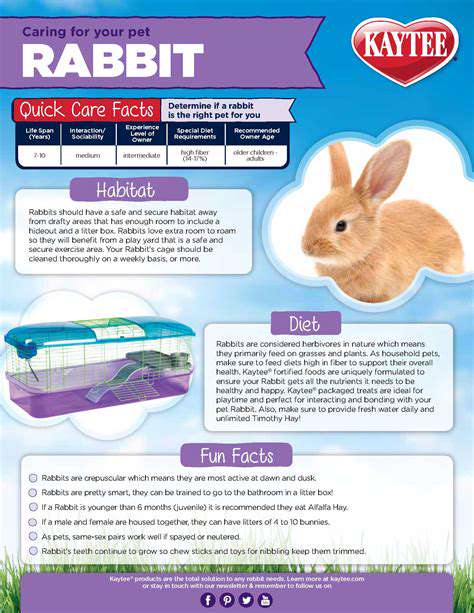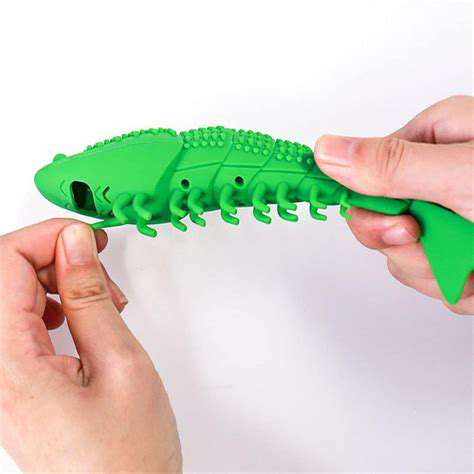How to Prevent Kidney Disease in Cats
A well-balanced diet is paramount for supporting healthy kidney function in cats. While protein is essential for building and maintaining tissues, high protein intake can put a strain on the kidneys. A diet formulated for cats with kidney disease often reduces the amount of protein, but it's crucial to ensure adequate amounts of high-quality protein are still provided. Furthermore, phosphorus, a mineral found in many foods, can be problematic for cats with kidney disease, as it can accumulate in the blood and contribute to further kidney damage. Specialized diets often manage phosphorus levels to minimize this risk.
Monitoring Food Intake and Portion Control
Careful monitoring of food intake is essential to prevent overfeeding, especially if your cat is predisposed to kidney issues. Overfeeding can lead to obesity, which puts additional stress on the kidneys and contributes to other health problems. Adjusting portion sizes based on your cat's individual needs and activity level is crucial. Use a food scale to ensure accurate measurements and consult your veterinarian for personalized recommendations regarding portion control and feeding schedules.
Dietary Fiber and its Role
Dietary fiber plays a vital role in digestive health and can indirectly support kidney function. A diet rich in soluble fiber can help regulate bowel movements and prevent constipation, which can sometimes exacerbate kidney problems. Fiber also helps to manage blood sugar levels, which is important for overall feline health and can indirectly lessen stress on the kidneys.
Supplementation: Important Considerations
Supplementation may be necessary in some cases, especially as part of a veterinarian-recommended treatment plan. Certain vitamins and minerals, such as antioxidants, may help to protect kidney cells from damage. Consult your veterinarian to determine if any dietary supplements are appropriate for your cat, as some supplements can interact negatively with existing medications or conditions.
Importance of Veterinary Guidance
Regular veterinary check-ups are crucial in managing kidney health in cats, particularly if they have a history of kidney issues or are showing signs of kidney problems. Your veterinarian can assess your cat's kidney function, identify any underlying issues, and recommend the most appropriate dietary management strategies. They can also advise on the best dietary choices tailored to your cat's specific needs.
Recognizing Kidney Disease Symptoms
It's essential to be aware of potential signs of kidney disease in cats. These can include increased thirst, increased urination, weight loss, loss of appetite, vomiting, lethargy, and changes in behavior. Prompt veterinary attention is critical if you notice any of these symptoms, as early intervention can significantly improve your cat's prognosis and quality of life. Early diagnosis and treatment are vital for managing kidney disease effectively.


Data lakehouses are rapidly emerging as a crucial technology for supply chain insights. They represent a significant departure from traditional data warehousing approaches, offering a more flexible and scalable architecture for storing and processing vast amounts of data. This shift allows businesses to leverage a wider range of data sources, from transactional records to sensor data and external market intelligence, to gain a more comprehensive understanding of their supply chain operations. This flexibility is paramount in today's dynamic and complex global supply chains.











![Guide to the Pet Adoption Process [Step by Step]](/static/images/33/2025-07/TheAdoptionProcess3AFromApplicationtoHome.jpg)